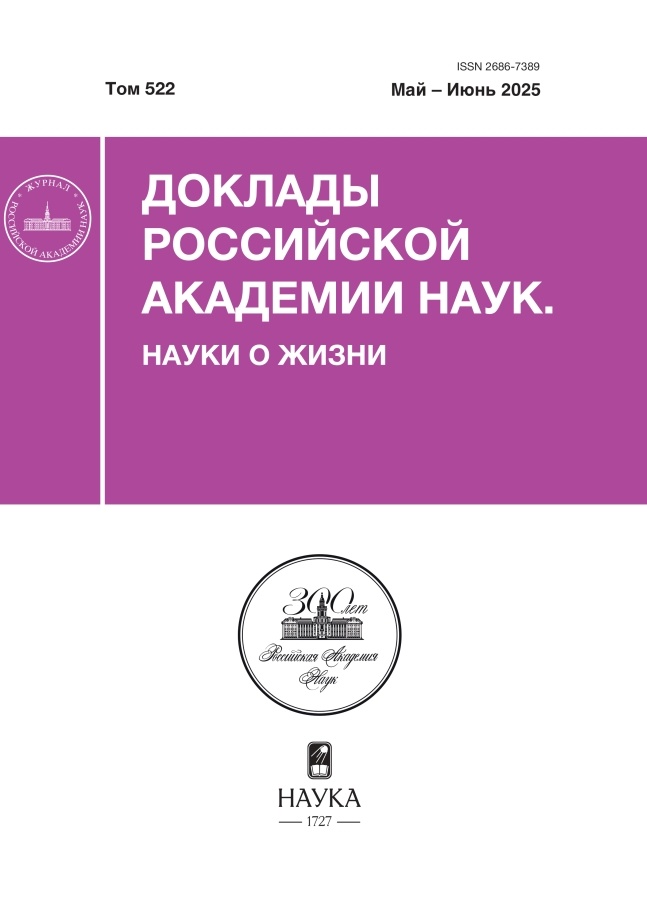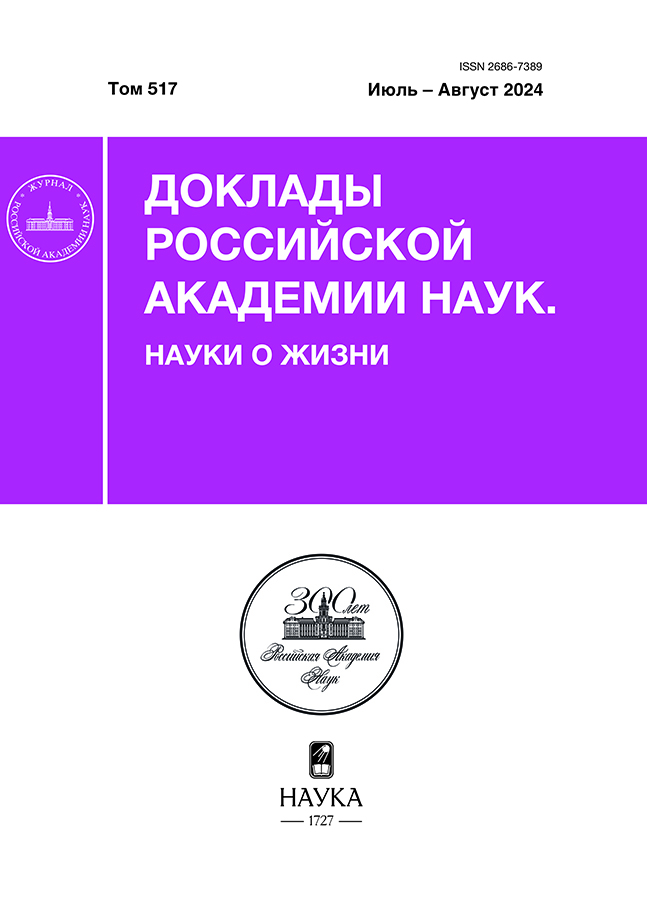Растения разных семейств однодольных различаются по содержанию азота и фосфора в листьях
- Авторы: Бетехтина А.А.1, Реутова Н.А.1, Веселкин Д.В.2
-
Учреждения:
- Уральский федеральный университет им. первого Президента России Б.Н. Ельцина
- Институт экологии растений и животных УрО РАН
- Выпуск: Том 517, № 1 (2024)
- Страницы: 46-50
- Раздел: Статьи
- URL: https://permmedjournal.ru/2686-7389/article/view/651414
- DOI: https://doi.org/10.31857/S2686738924040075
- ID: 651414
Цитировать
Полный текст
Аннотация
Исследовали содержание N и P в листьях растений пяти семейств однодольных: Poaceae, Cyperaceae, Orchidaceae, Iridaceae, Amaryllidaceae. Установлено, что виды разных семейств однодольных имели разные композиции N и P в листьях. Содержание N было низким у Iridaceae, а высоким – у Amaryllidaceae. Содержание P было самым низким у Cyperaceae и Poaceae, а самым высоким – у Amaryllidaceae и Iridaceae. Минимальное соотношение N/P было у Iridaceae, максимальное – у Poaceae. Таким образом, получены свидетельства определенной специфики содержания азота и фосфора в растениях разных семейств однодольных.
Ключевые слова
Полный текст
Об авторах
А. А. Бетехтина
Уральский федеральный университет им. первого Президента России Б.Н. Ельцина
Автор, ответственный за переписку.
Email: A.A.Betekhtina@urfu.ru
Россия, Екатеринбург
Н. А. Реутова
Уральский федеральный университет им. первого Президента России Б.Н. Ельцина
Email: A.A.Betekhtina@urfu.ru
Россия, Екатеринбург
Д. В. Веселкин
Институт экологии растений и животных УрО РАН
Email: A.A.Betekhtina@urfu.ru
Россия, Екатеринбург
Список литературы
- Elser J.J. et al. Global analysis of nitrogen and phosphorus limitation of primary producers in freshwater, marine and terrestrial ecosystems // Ecology letters. 2007. Т. 10. №. 12. С. 1135–1142.
- Bui E.N., Henderson B.L. C: N: P stoichiometry in Australian soils with respect to vegetation and environmental factors // Plant and soil. 2013. Т. 373. С. 553–568.
- Awasthi P., Laxmi A. Root Architectural Plasticity in Changing Nutrient Availability // Rhizobiology: Molecular Physiology of Plant Roots. 2021. С. 25–37.
- He M. et al. Leaf nitrogen and phosphorus of temperate desert plants in response to climate and soil nutrient availability // Scientific Reports. 2014. Т. 4. №. 1. С. 6932. 1.
- Зубкова Е.В., Стаменов М.Н., Припутина И.В., Грабовский В.И. Использование методов фитоиндикации для оценки связи содержания азота в растениях с условиями их произрастания (на примере лесов Южного Подмосквья) // Ботанический журнал. 2023. Т. 108. №10. С. 896–913.
- Güsewell S.N. P ratios in terrestrial plants: variation and functional significance // New phytologist. – 2004. Т. 164. №. 2. С. 243–266. https://doi.org/10.1111/j.1469-8137.2004.01192.x
- Бетехтина А.А. и др. За 50 лет зарастания отвала золы содержание азота и фосфора изменилось в эмбриоземе, но не изменилось в растениях // Экология. 2023. №. 4. С. 281–290.
- Онипченко В.Г. и др. Химический состав листьев растений как функциональный признак формирования альпийских растительных сообществ // Экология. 2023. №. 6. С. 407–415.
- Chapin F.S. et al. Plant responses to multiple environmental factors // Bioscience. 1987. Т. 37. №1. С. 49–57.
- Konoplenko M.A., Güsewell S., Veselkin D.V. Taxonomic and ecological patterns in root traits of Carex (Cyperaceae) // Plant and Soil. 2017. Т. 420. С. 37–48.
- Lambers H. Phosphorus acquisition and utilization in plants // Annual Review of Plant Biology. 2022. Т. 73. С. 17–42.
- van Der Heijden M.G.A. et al. Mycorrhizal ecology and evolution: the past, the present, and the future // New phytologist. 2015. Т. 205. №4. С. 1406–1423.
- Betekhtina A.A., Tukova D.E., Veselkin D.V. Root structure syndromes of four families of monocots in the Middle Urals // Plant Diversity. 2023.
- Minasiewicz J. et al. Stoichiometry of carbon, nitrogen and phosphorus is closely linked to trophic modes in orchids // BMC Plant Biology. 2023. Т. 23. №. 1. С. 422.
- Wang Z. et al. Divergent nitrogen and phosphorus allocation strategies in terrestrial plant leaves and fine roots: A global meta-analysis // Journal of Ecology. 2022. Т. 110. №. 11. С. 2745–2758.
- Postma J.A., Lynch J.P. Root cortical aerenchyma enhances the growth of maize on soils with suboptimal availability of nitrogen, phosphorus, and potassium // Plant physiology. 2011. Т. 156. №3. С. 1190–1201.
- Gahoonia T.S., Nielsen N.E. Barley genotypes with long root hairs sustain high grain yields in low-P field // Plant and Soil. 2004. Т. 262. С. 55–62.
- Roumet C. et al. Root structure–function relationships in 74 species: evidence of a root economics spectrum related to carbon economy // New Phytologist. 2016. Т. 210. №3. С. 815–826.
- Yang X. et al. How arbuscular mycorrhizal fungi drives herbaceous plants’ C: N: P stoichiometry? A meta-analysis // Science of The Total Environment. 2023. Т. 862. С. 160807.
- Макаров М.И. Роль микоризы в трансформации соединений азота в почве и в азотном питании растений (обзор) // Почвоведение. 2019. №2. С. 220–233.
Дополнительные файлы

Примечание
Представлено академиком РАН В.Н. Большаковым










